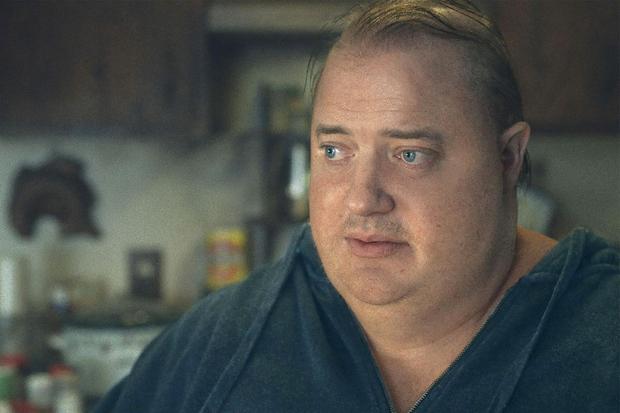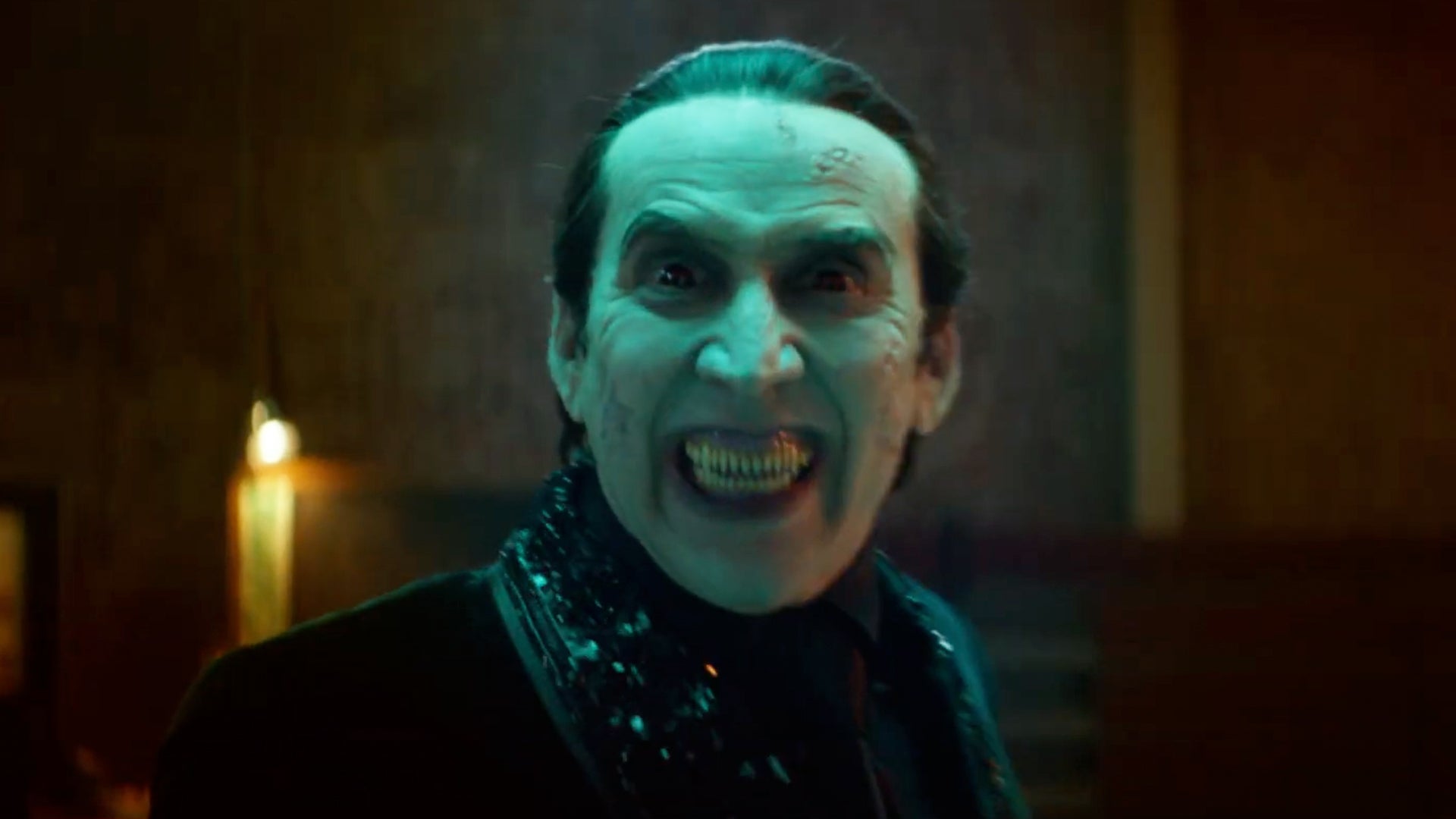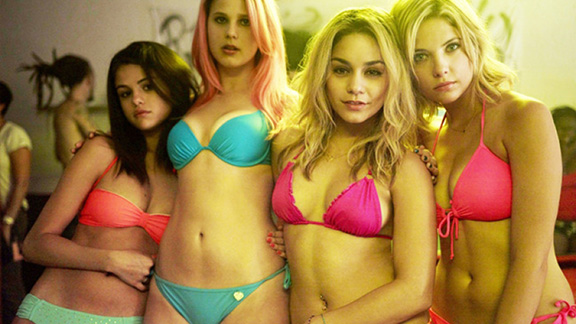
Darren Aronofsky knows how to pack an unforgettable emotional punch with his films. He directs movies that boldly and powerfully get their points across and stick with their audience after single viewings. Repeat viewings of Aronofsky’s films can be rewarding but, given how deeply and sadly unsettling they often are, seeing them more than once is usually not particularly desirable or necessary.
The Whale is another Aronofsky film that clearly makes its point and delivers its intended impact, then profoundly and emotionally resonates long after it’s over. This is similar to the director’s strongest works, namely Requiem for a Dream, The Wrestler, and Mother!. It is a stunning and unforgettable accomplishment that is uncompromisingly frank, sensitively touching, and impressively intelligent.
Brendan Fraser justifiably won the Best Actor Oscar for his deeply committed lead performance as a morbidly obese shut-in who works as an online English professor. The film almost entirely takes place in the little world he has made for himself in his apartment. His nurse’s (Hong Chau) proclamation that he will soon die if he continues with his refusal to go to a hospital causes him to examine his life. His reconnection with his angry and estranged teenage daughter (Sadie Sink) and recurring visitation from a door-to-door religious zealot (Ty Simpkins) further upset his reclusive reality.
The Whale, whose screenplay was adapted by Samuel D. Hunter from his own stage play, is a film about regret, redemption, obsession, and the facing of mortality. It thematically links itself to Melville’s Moby Dick, with Fraser’s character trying to rectify the mistakes of his past by defeating the great whale of reconnecting with his daughter. It is a film with a meticulously themed emotional core that results from the careful craftsmanship of its screenplay and source material.
Fraser has never been better. He inhabits his role with pain, dignity, and extreme vulnerability. He is as heartbreakingly moving as he is emotionally raw. It’s another impeccable and sharply focused lead performance in an Aronofsky production that strongly embodies the themes of the film that houses it, much along the lines of Hugh Jackman in The Fountain, Mickey Rourke in The Wrestler, and Natalie Portman in Black Swan. Chau offers excellent support, complexly exhibiting as much love and concern for Fraser as she does frustration and scorn. Sink seems one-note at first in her role of an angry teenager, but the appearance of such simplicity is merely a ruse for a performance that eventually reveals itself to be heavily and thoughtfully layered. Simpkins’ performance is equally complicated and human, never once falling into the thoughtless cliches that often plague religious characters in films. Samantha Morton also shines with a brief and volatile-yet-moving portrayal of Fraser’s ex-wife.
A common criticism of The Whale is that it’s a movie whose overall quality doesn’t match the excellence of its lead performer’s work. Such thoughts are overly simplistic and dismissive and miss the subtleties of the film’s expert filmmaking and the beautiful astuteness of its writing. The Whale is an all-around grand accomplishment that owes its success to its many brilliantly executed components, all of which were guided by the sensibilities and the gigantic filmmaking talent of Darren Aronofsky.
GRADE: A


